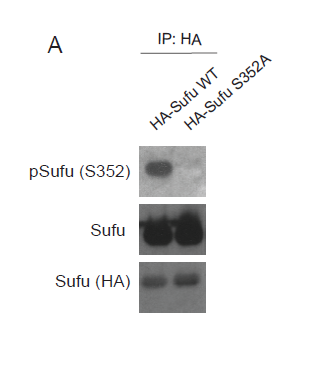Breast cancer Page
[…] widely used antibodies for targets with key functions in tumour signalling pathways including tumour suppressors ( p53, RB1), oncogenes (c-MYC), and tumour associated antigens (MUC1). Tumour suppressors Antibodies targeting p53, Retinoblastoma […]


![HCT 116 p300 KO [F2] Cell Line. Early log phase. Image courtesy of the European Collection of Authenticated Cell Cultures (ECACC), UK.](https://cancertools.org/wp-content/uploads/HCT-116-p300-KO-F2-Cell-Line.-Early-log-phase.png)
